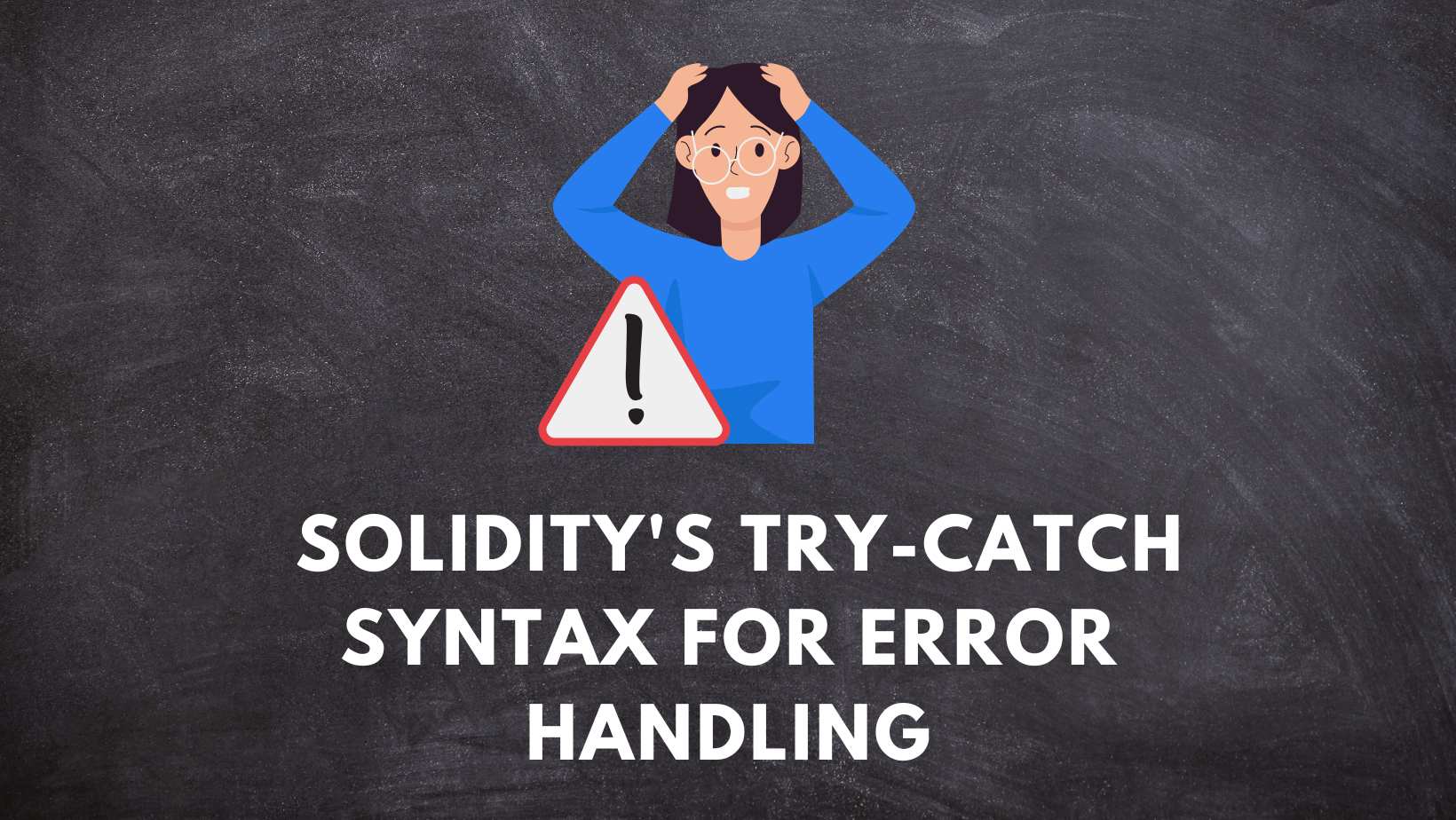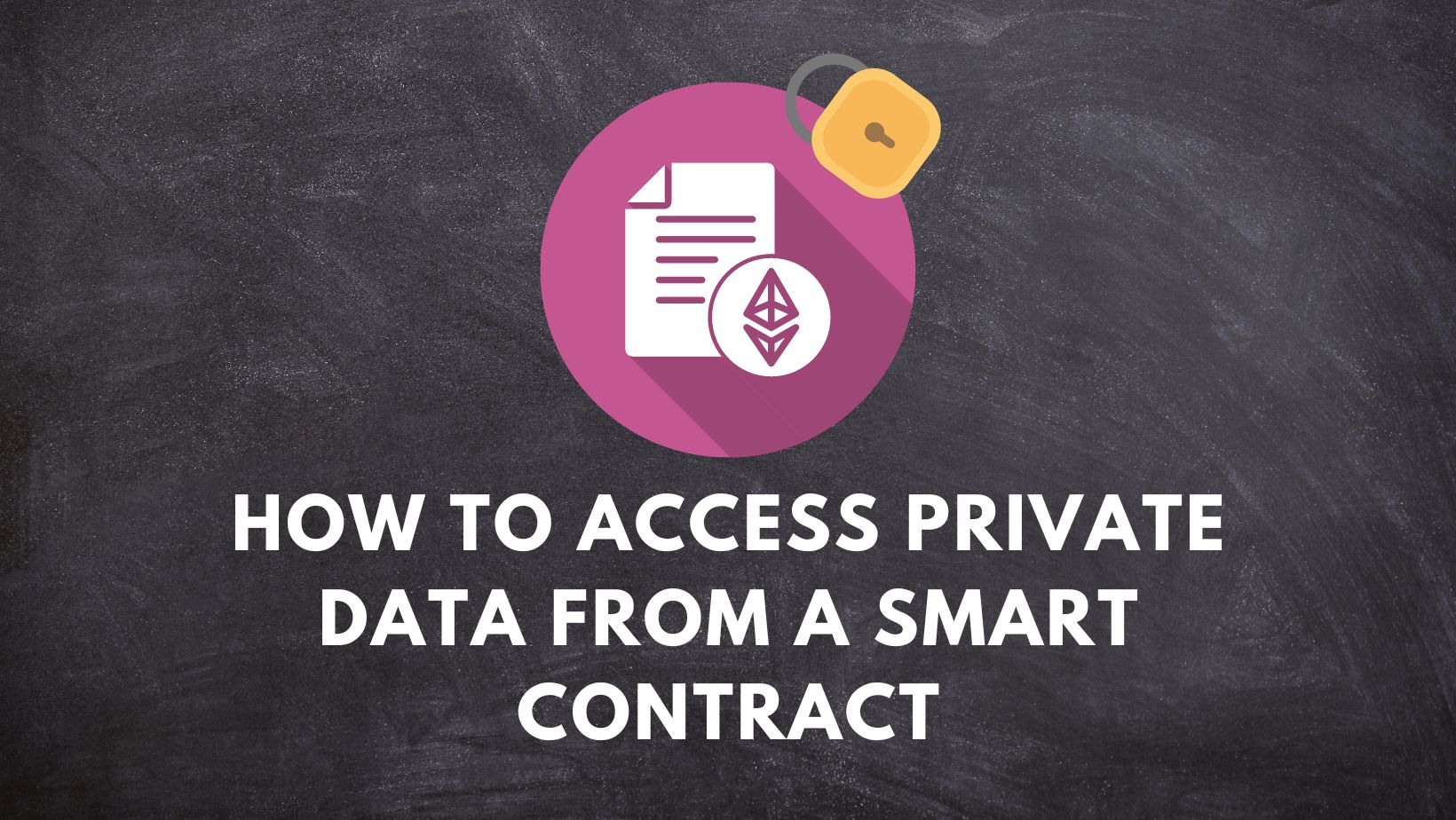Category: Solidity
-

Efficient Smart Contract Deployments with EIP-1167
Introduction While I was working on DappFactory, we focused on enhancing the factory architecture used in our smart contracts. Our aim was to make deploying and upgrading smart contracts more flexible. This led us to explore “EIP-1167: Minimal Proxy Standard,” a standard that changed how we handle factory and clone contracts in blockchain. What is…
-

Solidity’s try-catch Syntax: Best Practices for Error Handling with Examples
Introduction When making smart contracts on the Ethereum blockchain, handling errors can be a very important part of the process. Especially when there aren’t many tools available! Solidity v0.6.0’s addition of the try/catch syntax was a big step in the right direction for how errors are handled. These new features build on previous ones, like…
-

Solidity Events: Everything You Need to Know
Introduction Hello, Web3 folks! If you’ve worked with Solidity before, you know that it’s a powerful language for building decentralised applications on the Ethereum blockchain. But have you ever thought about how smart contracts can talk to things outside of the blockchain? This is where Solidity events come in! Solidity events are an important part…
-

Things You Need to Know About Solidity Libraries
Introduction Are you a Solidity developer looking to make your smart contract development process smoother and more efficient? Then boy, do we have the perfect solution for you! Libraries in Solidity are like the awesome sidekick you never knew you needed – they provide powerful tools to simplify and turbocharge your development process. This article…
-

Everything you need to know about Solidity fallback functions
Introduction Smart contract functions are the building blocks of smart contracts, which are blockchain-based autonomous programmes. A smart contract function might be configured to operate when a given quantity of currency is received or when a specific contract condition is satisfied. Smart contract functionalities must typically be “externally” triggered. In other words, solidity and evm…
-

How to access private data from a smart contract
One of the biggest advantages of blockchains or at least public blockchains is that they are “public”. Nothing can be hidden and all the transactions are publicly visible. If you are a smart contract developer, you must have heard about the access modifier and particularly the “private” access modifier. Access Modifiers in Solidity We know…
